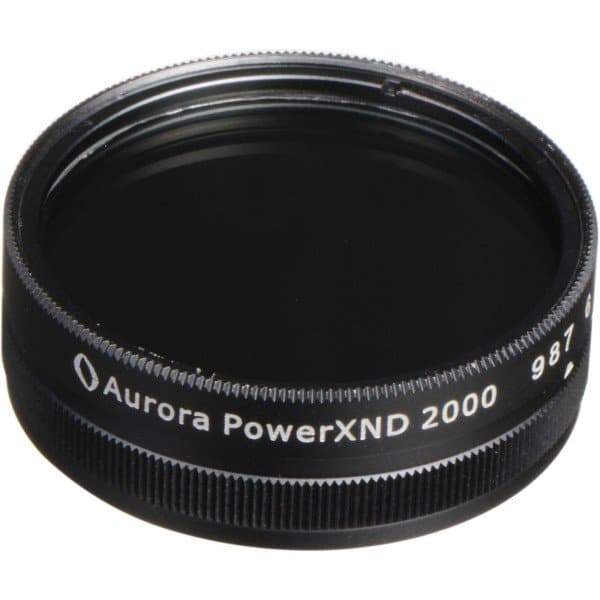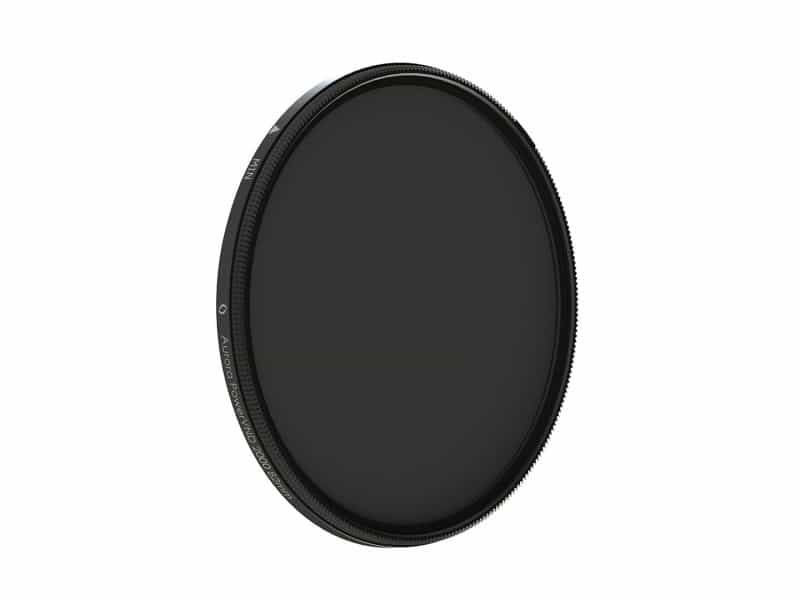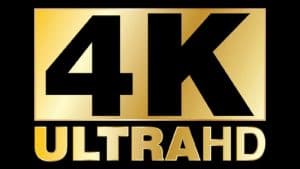Last Updated on January 13, 2019
Back in 2016, Aurora Aperture unveiled their PowerXND 2000 filter on Kickstarter. This time around, they have unveiled a set containing two filters: one that has 1-7 stops and another with 5-11 stops. All in all, the PowerXND Mark II set covers a range of 1-11.
An improvement of the PowerXND 2000 filters
Aurora Aperture is known for coming up with filters that have incredible light reduction capability and image quality. The new Mark II filter family continues that tradition by being improvements over the original PowerXND 2000 filters.
Full coverage of PowerXND 2000 filter
Aurora Aperture’s Mark II filters are variable ND filters that cover 1 to 11 stops light reduction capability.
The PowerXND-II 128 covers 1 to 7 stops while the PowerXND-II 2000 covers 5-11 stops. When used together, the filters control light reduction from 1 to 11 stops. As such, they are useful tools for both photography and videography.
Improved usability
The new filters come with a direct reading scale that correlates to light reduction capability. This allows users to dial-in quickly to the desired value.
A hard stop was also added to the filters in order to limit rotation within its operating range. This feature was in high demand after the release of the Mark II’s predecessors. With this in place, overshooting the minimum and maximum settings is prevented.
PowerXND 2000 filter optical quality
The Mark II filters consist of two groups of optical glasses as well as a thin film element. Schott B270 glass and polarization film from Nitto Denko were used to make the filters. In order to meet the demands of not only 4K/8K video but also that of the high-pixel density of new camera sensors, a proprietary post-bonding polishing process was employed.
For light reduction, multilayer nano coatings were used which minimizes color shift. The filter surfaces were also applied with a PFPE-based nano coating for protection from dirt, dust, oil, and water.
Quality build
The new frames of the Aurora PowerXND filters are built from aerospace-grade aluminum using CNC lathes to ensure high mechanical precision and accuracy. They have also been anodized black to protect from corrosion. To ensure smooth rotation during all kinds of weather, extended temperature range lubricant was applied in the assembly process.
Aurora Aperture has bundled the filters into three main groups: small, medium, and large. Single filters cost $45 and up while bundles are $81 and up.




